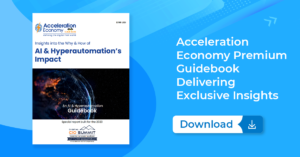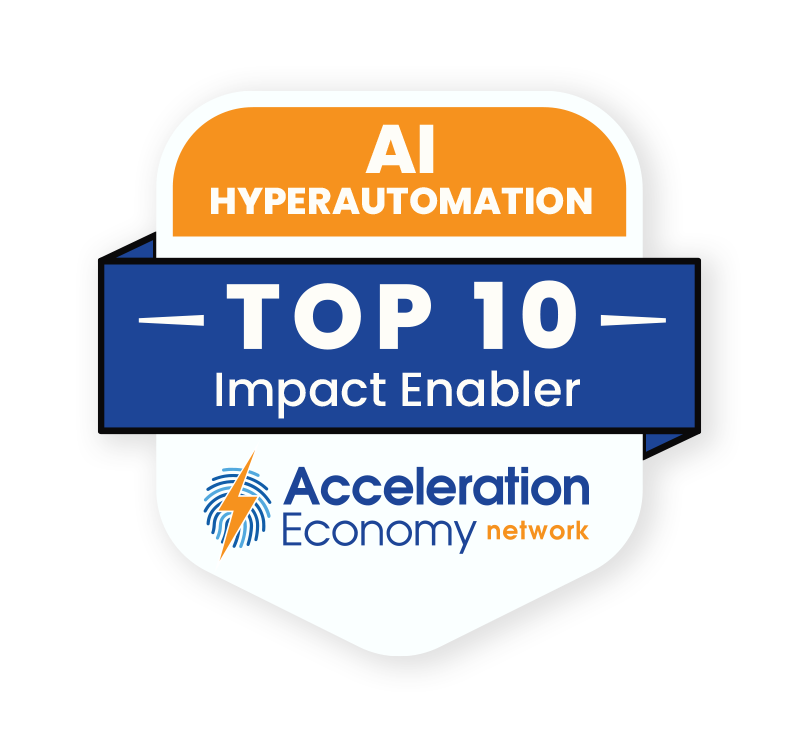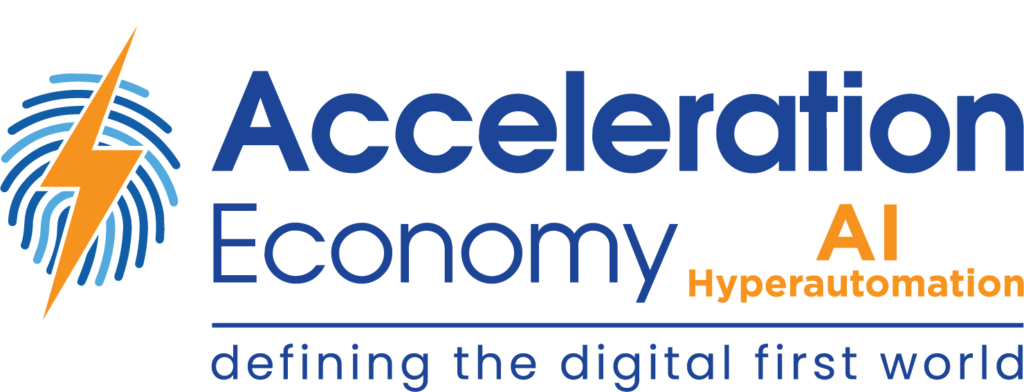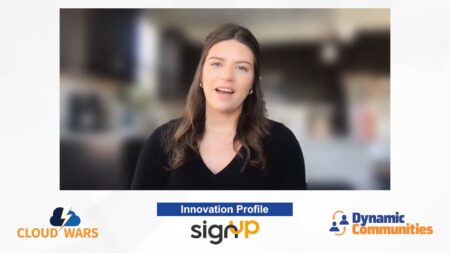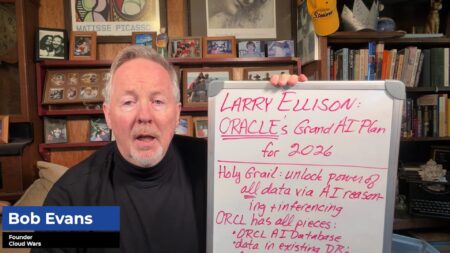In episode 85 of the AI/Hyperautomation Minute, part 2 of a special extended interview, Aaron Back and Sudha Ranganathan of LinkedIn continue their discussion on artificial intelligence (AI), exploring how it can accompany soft skills for managers and employees as well as potential opportunities for exposure to new roles within an organization.
This episode is sponsored by Acceleration Economy’s Digital CIO Summit, taking place April 4-6. Register for the free event here. Tune in to the event to hear from CIO practitioners discuss their modernization and growth strategies.
Highlights
01:30 — How can managers embrace AI in a different way as they’re leading their teams? “I am really passionate about the power of a good manager unlocking the best of a team’s potential — that’s where a lot of the magic happens,” shares Ranganathan. She breaks down her personal framework, which she calls the “Four G Model” for managers to help their employees: glow, grow, go, and get [stuff] done.
02:22 — AI can help your employees glow as it can complement their particular skills, highlighting what makes them a unique and powerful addition to the team. “The magic here is managers being able to notice and observe that and be able to codify and play it back to their employees,” Ranganathan elaborates. This can get lost in the shuffle of daily life. It’s important to ask what skill sets your team values, and AI can remind managers when that skill set was demonstrated so they can provide personalized feedback to the employee.
03:25 — Using AI, managers can also help employees grow into new opportunities. For instance, the employee might have been hired for a certain role but now they’re demonstrating other unique skills and talents beyond that initial role. Although AI doesn’t make decisions to promote employees, it can inform managers if the employee has been consistently over-delivering on expectations, such as through performance reviews.
04:55 — How can AI become an aid alongside soft skills to help employees and managers? One use could be employees using AI as a personalized self-evaluation mechanism. It could enable employees to recognize skills that they didn’t know they had, which could open up the dialogue between the employee and manager around potential opportunities.
06:20 — “If we’re able to feed the right kind of training data into the AI system, it can help each of our employees get clarity on the skills they’re demonstrating and the values that seem to be very important to them.” Ranganathan encourages employees to carefully consider skills and values when making career decisions, and for them to ask questions to guide them to their ideal career opportunities such as:
- What skills do I have?
- What skills do I want to learn?
- What are the values that I need in any role that I’m in?
07:03 — By asking these questions and starting these conversations sparked by AI, it can open up career pathways and recommendations for employees. Then, managers can enable building those opportunities as “experiments” into day-to-day projects.
07:20 — This is where “we need to start by migrating towards that AI to enhance and augment some things that would have been tough to really discover,” Aaron explains. AI can unlock a lot of opportunities for managers and employees alike.
07:50 — There are still parts of the management role that AI will not disrupt. “AI will never be able to show compassion in a way that is specific to an employee’s situation,” Ranganathan highlights as an aspect that makes managers unique in comparison to AI. Aaron adds that “sometimes texts can never replace the tone of a voice or the empathy of somebody’s expression or body language when they’re having those conversations.”
Looking for real-world insights into artificial intelligence and hyperautomation? Subscribe to the AI and Hyperautomation channel:




